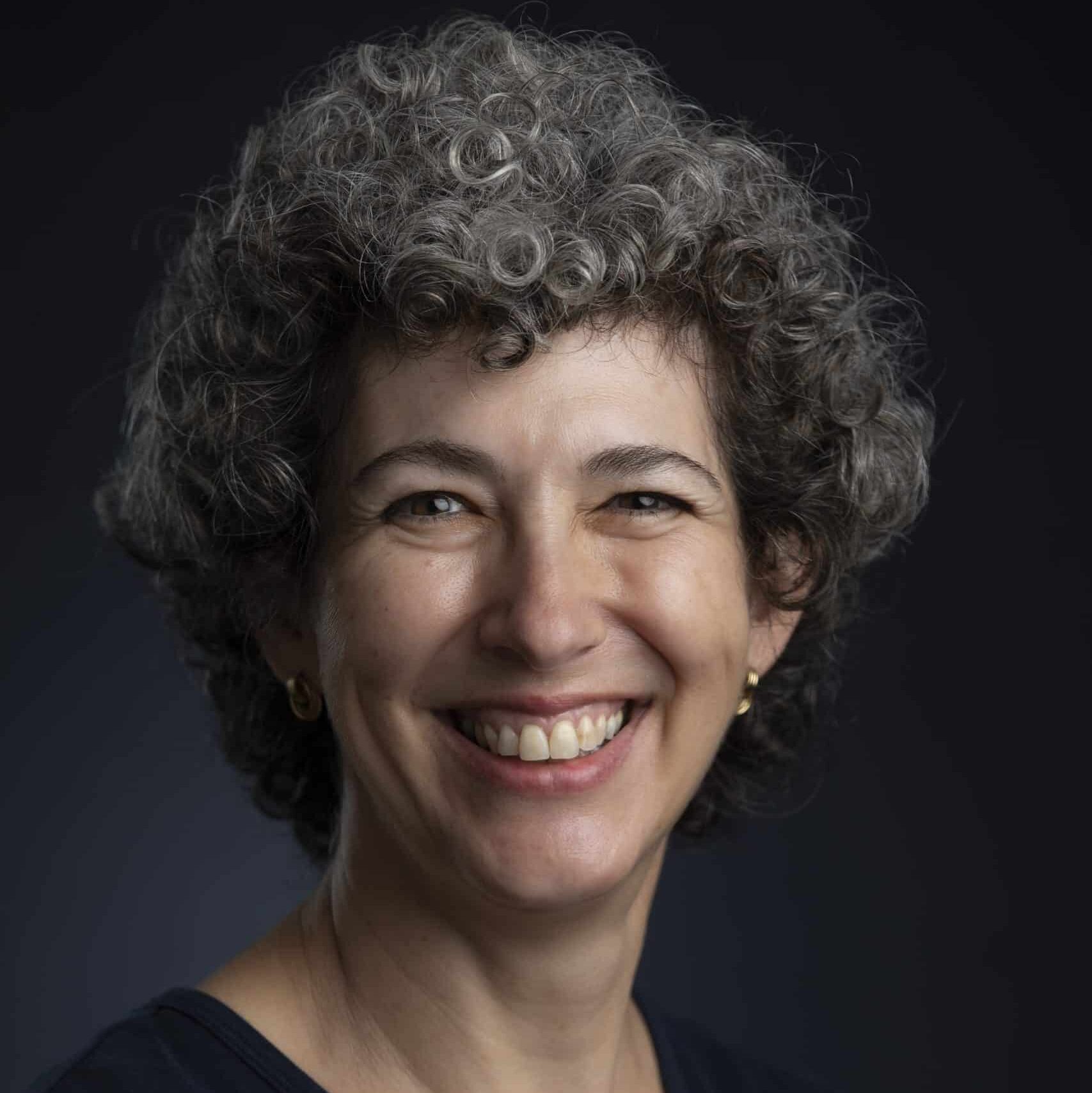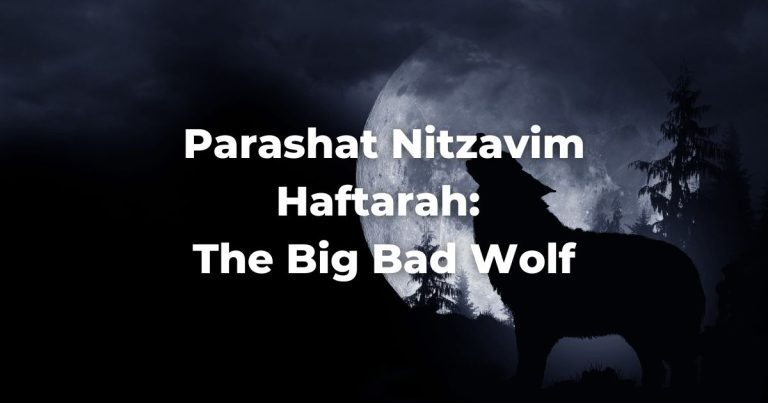Text: Devarim 32:44
44 And Moshe came and spoke all the words of this song in the ears of the people; he, and Hoshea son of Nun.
- Hoshea son of Nun is better known as Joshua, Moshe’s servant and successor. Why do you think that the TorahRefers to the first five books of the Hebrew Bible, the Tanakh, also called the Five Books of Moses, Pentateuch or the Hebrew equivalent, Humash. This is also called the Written Torah. The term may also refer to teachings that expound on Jewish tradition. Read more stresses that he is present while Moshe speaks the closing poem of Haazinu?
- How do you expect the people to react to Joshua now, knowing that Moshe is parting from them, and Joshua was appointed to take over as the leader?
- Why is Joshua called Hoshea here? Moshe changed his name to Joshua already at the beginning of the spies’ event.
Commentary: Rashi on Devarim 32:44
He and Hoshea the son of Nun—It was the Shabbat of transmission of office (lit., “of two pairs” of leaders): authority was taken from one and given to the other (Sotah 13b): Moshe appointed a Meturgeman* (interpreter, announcer) for Joshua that he (Joshua) should hold a Halakhic discourse in public during his (Moshe’s) lifetime in order that the Israelites should not say to him, “During your master’s lifetime you did not dare to raise your head!” And why does it call him Hoshea here? To indicate that he did not become haughty, for although this dignity had been conferred upon him, he assumed a humble bearing as at the commencement of his career.
*Having a Meturgeman became a symbol of an official or significant speech by a rabbinic authority in Talmudic times.
- Rashi gives a vivid description of the transition of power from Moshe to Joshua in front of the people. What future problems does Moshe foresee Joshua facing and how does he deal with them? How applicable are those kinds of challenges in today’s world when one takes over for a popular leader or head of an organization?
- There is another side of the equation: How does Joshua view himself now that he is the official leader? How could and/or should he present himself? What are the benefits for each approach?
Commentary: Hizkuni on Devarim 32:44
And Hoshea bin Nun—when he initially became Moshe’s servant, Moshe called him “Joshua” as it is the habit of kings to change the names of their servants, such as Joseph, Daniel, Hananiah, Mishael and Azariah. But now that he became king (leader), he reverted to his original name; however, in all of Scripture he is called “Joshua” since we have become accustomed to this form of his name.
- In what situations may one give a name to someone? What is implied by the giving of a name?
- Hizkuni suggests viewing the name changes that Joshua goes through as a reflection of his life and career. Why is he now called Hoshea? Should we consider the continued use of “Joshua” an insult or a term of endearment? Why?
See more: Parashat Haazinu
Originally posted as part of the Conservative Yeshiva at the Fuchsberg Jerusalem Center’s Torah Sparks. Support Torah learning from the Fuchsberg Jerusalem Center/Conservative Yeshiva for leaders and seekers around the world here.
Authors
-

Vered Hollander-Goldfarb teaches Tanach and Medieval Commentators at the Conservative Yeshiva and is a regular contributor to Torah Sparks, FJC’s weekly message on the weekly Torah portion. She received her M.A. in Judaic Studies and Tanach from the Bernard Revel Graduate School of Yeshiva University and studied at Bar-Ilan University and the Jewish Theological Seminary. Before making aliyah, Vered taught at Ramaz School and Stern College in New York.
View all posts -



The Fuchsberg Jerusalem Center (FJC) is a home in the heart of Jerusalem where leaders and seekers can find an authentic place in Jewish tradition to call their own. FJC offers opportunities to study, pray and explore within an egalitarian and inclusive setting, creating multiple pathways for finding personal and communal meaning.
View all posts






